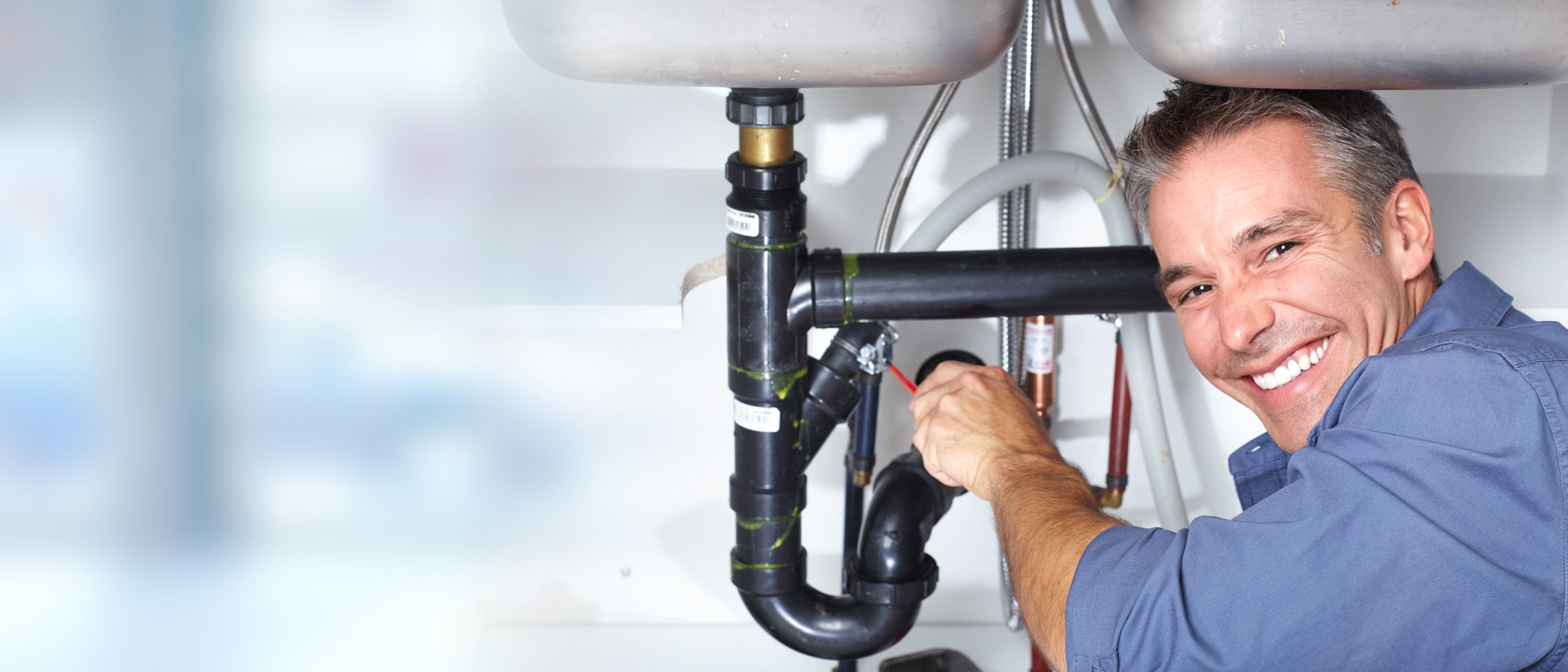Home Plumbing Tips and Tricks
Homeowners can save hundreds of dollars and many hours of aggravation by learning some simple plumbing tips and tricks of the trade. Plumbers can be expensive, especially when you need them. Murphys Law seems to teach up that plumbing problems only happen when plumbers are not readily available. Plumbers are even more expensive during off hours, when they charge overtime rates. Unfortunately, these are the same times that homeowners seem to need them the most. Knowing how to fix some plumbing problems on your own, even if the fixes are just temporary, can be extremely valuable.
Plumbing tips and tricks are not difficult to learn, but it does take time and experience to master. However, you do not have to be a master plumber to be able to perform simple maintenance and repairs. But, you will have to keep some basic tools and materials on hand. Duct tape is essential, as it can temporarily stop most leaks when all else fails. Epoxy seal is important to have handy as well. Some tools you should have are a plunger, hammer, a set of adjustable wrenches, a pipe wrench, pliers, and a screwdriver. Keeps these materials in an easy to access location in case of a plumbing emergency. Most home improvement stores also have plumbing snakes that you can purchase for home use.
Seasonal changes can mean different plumbing strategies. Plumbing tips for winter take in to account the problems that can arise from holiday dinner preparation. Cooking oils and grease should not be poured down drains, as they can harden and clog the pipes. Also, running the dishwasher and washing machines at night can save hot water for showers in the morning.
There are some plumbing tips for spring as well. Spring is a good time to check outside plumbing life hose faucets for damage from the winter. You can check for small leaks in your house by reading your water meter before bed time and then again when you wake in the morning. If you haven't used any water during the night and the meter has moved, then you have evidence of a leak.
The most common household plumbing problem is clogged toilets and sinks. In most cases, a plunger will do the trick. Plungers come in different sizes, so make sure you have the right ones handy and keep them close to the toilets or sink so you can react quickly and keep water from overflowing on to the floor. Gentle clog busting chemicals should be handy as well if a plunger isn't getting the job done. If you do not have these chemicals, a solution of baking soda and vinegar can be effective.
Leaks can also be a concern. If the leak is behind the drywall, you are going to need professional assistance. However, you can reduce the damage by shutting off the water to the leak. Sometimes, this means shutting off the water to the whole house. This is a major inconvenience, but is much better than allowing a major leak to cause structural damage to your home.
Very small leaks can often be fixed with duct tape or epoxy. These are only temporary fixes until the leaking fixture can be repaired or replaced. Before attempting to repair or replace a fixture, you need to shut off the water. Most fixtures now have their own shut off valves, so you don't have to deprive the whole house of water. Replacing faulty fixtures is not difficult. The new fixture usually includes removal and installation instructions.
Knowing some plumbing tips and tricks can save you the cost of expensive repairs due to structural damage. Your local home improvement store is a good source of information for do it yourself plumbers. The internet also has a large amount of information and instructional videos available.
Category: Const - Plumbing
Related Articles
- Hiring a Plumber for Home Renovation Projects
- Selecting A The Plumber That Is Right For The Job
- Plumbing Faucets
- How to Fix a Faucet Drip
- Repairing And Maintaining A Water Heater Yourself
- Hiring a Qualified Plumber for your Plumbing Needs
- What To Do When Your Sink Drains Slowly
- Common Plumbing Problems You Can Fix Yourself
- The Art of Choosing the Best Plumber
Business News
Popular Posts
- Universal Pursuit of Happiness - Wisdom from World Religions
- Overcoming Ego and Self-Centeredness - Lessons from World Religions
- Transcending Materialism - Spiritual Practices from World Religions
- Overcoming Prejudice and Intolerance - Guidance from Global Faiths
- How Mind Balance Can Improve the Mindsets of Employees
- Interfaith Insights by 1WorldPeace - The Top 100 Universal Beliefs in Global Spirituality
- Bridging Beliefs - Finding Common Ground in Love and Respect
- The SmartGuy Vision - A United Future Through Interfaith Love and Respect
- A Cautionary Vision - The Grim Future of a Divided World Without Love and Balance
- A Tapestry of Faiths - Exploring the Common Threads in World Religions
- Fostering Harmony Among Christianity Islam Buddhism Hinduism and Judaism
- Preparing Kids for Adulthood - 15 Vital Skills They Wont Learn in School
- Navigating Diversity - Jerusalem's Tactical Approach to Interfaith Harmony
- Clearing Mental Plaque: The Path to Enhanced Communication and Divine Connection
- Why Return to Jesus Christ and the Church
- Top 50 Ways to Live Longer
- Adventurous Romance -The Key to Enhancing Relationship Chemistry
- Pork Tenderloin with Mustard Cream Sauce
- Navigating Technology and Media for Optimal Mental Well-Being
- Understanding the Link Between Mental Health and Substance Abuse
